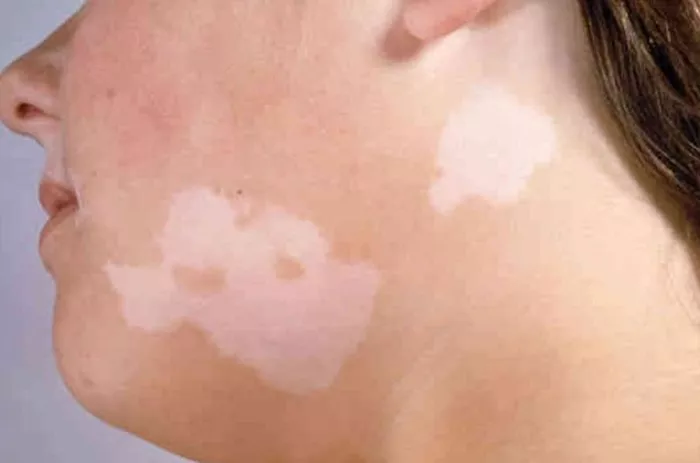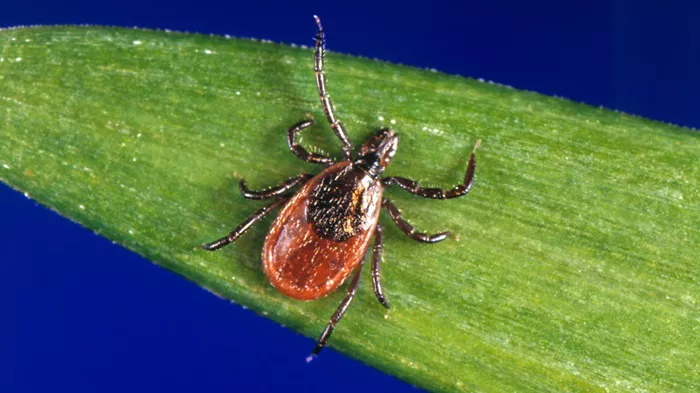As the world marks Environment Day, European health and policy experts are emphasizing a message that is increasingly urgent: tackling pollution is not just an environmental imperative—it is vital for protecting public health.
The European Union’s Zero Pollution Action Plan has laid out ambitious targets for 2030, aiming to cut the number of premature deaths caused by air pollution by 50%, reduce exposure to harmful chemicals and noise, and curb pollutants from agriculture and industry. These goals reflect the EU’s growing recognition of the intersection between environmental policy and public health outcomes.
Plastic Pollution Under Scrutiny
This year, plastic pollution has taken center stage in global Environment Day discussions—and with good reason. The widespread presence of plastics in oceans, soils, and even human bodies is a stark example of how economic systems, political decisions, and environmental degradation are shaping health outcomes in complex and harmful ways.
From petrochemical production to global waste mismanagement, the drivers of plastic pollution span sectors and borders. The result is a toxic cycle: plastics contaminate the ecosystems we depend on for food and water, enter the air we breathe, and are increasingly linked to a range of health risks. These include respiratory and gastrointestinal diseases, as well as potential impacts on the immune and endocrine systems.
While the EU’s Zero Pollution Plan includes specific goals for limiting plastic pollution, progress has been slow—especially on the issue of microplastics. According to the latest monitoring and outlook reports from the European Commission, the region is falling behind on these critical targets.
“The emerging science is clear,” said Sara Bertucci, Policy Manager at the European Public Health Alliance (EPHA). “We must apply the precautionary principle and act decisively to prevent harm—even if not all the risks are yet fully understood.”
Plastic pollution also intersects with other environmental hazards targeted by the Paris Agreement. Plastic particles contribute to air pollution, and their production emits climate-damaging industrial pollutants. Chemicals from plastic leach into waterways and damage soil ecosystems. Even noise pollution is tied to plastic use: tire wear—a major source of microplastics—is also a contributor to both air and noise pollution, calling for more integrated transport policies.
Europe Falling Behind
Beyond plastics, Europe is also lagging in efforts to tackle noise pollution, nutrient contamination, and industrial waste. Even where progress is reported, the health impacts remain staggering. Air pollution continues to be the single greatest environmental health threat in Europe, with profound effects on the cardiovascular, respiratory, and neurological systems throughout the human life span. It is also a known contributor to cancer and imposes costs amounting to hundreds of billions of euros annually on Europe’s healthcare and social systems.
The urgency to achieve a zero-pollution environment has never been greater.
“Health cannot wait,” Bertucci emphasized. “We need accelerated efforts and real leadership from EU decision-makers. The cost of inaction—both human and economic—is far too high.”
A Call to Action
On this World Environment Day, EPHA and its partners are renewing their call for bold action to eliminate preventable environmental health risks. For EPHA, addressing pollution’s impact on health has long been a core mission. The alliance, along with many organizations across the European public health community, is advocating for:
-
Stronger pollution funding in the next EU budget
-
Reducing plastic use in healthcare systems
-
Addressing PFAS contamination to lower cancer risks
-
Raising awareness of air pollution’s neurological effects
Above all, EPHA stresses the need for full implementation and enforcement of existing EU environmental laws. Protecting citizens from preventable environmental harm, the organization argues, is not only a moral obligation—it is a legal and public health necessity.
“Europe has the tools and knowledge to lead the way,” Bertucci concluded. “What’s needed now is the political will to act.”
Related Topics































